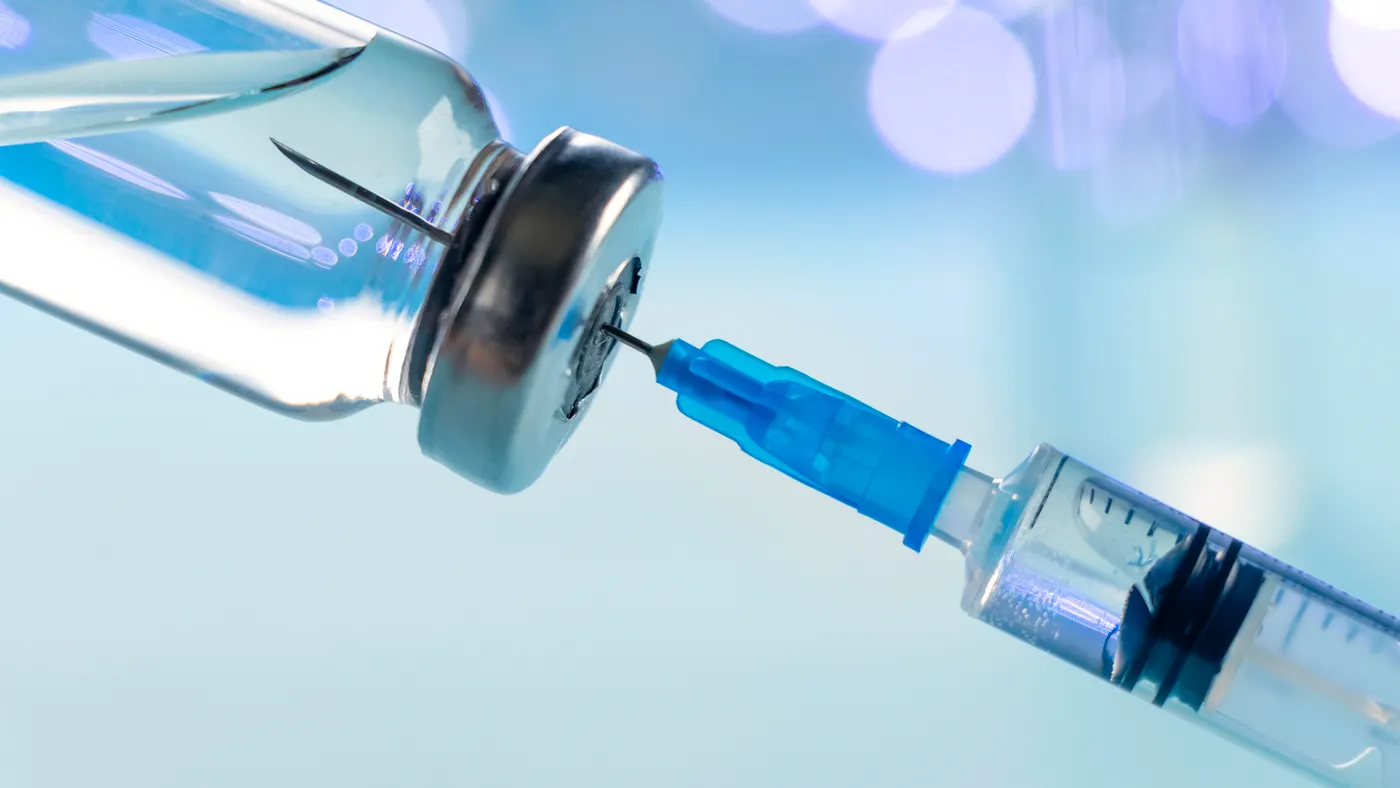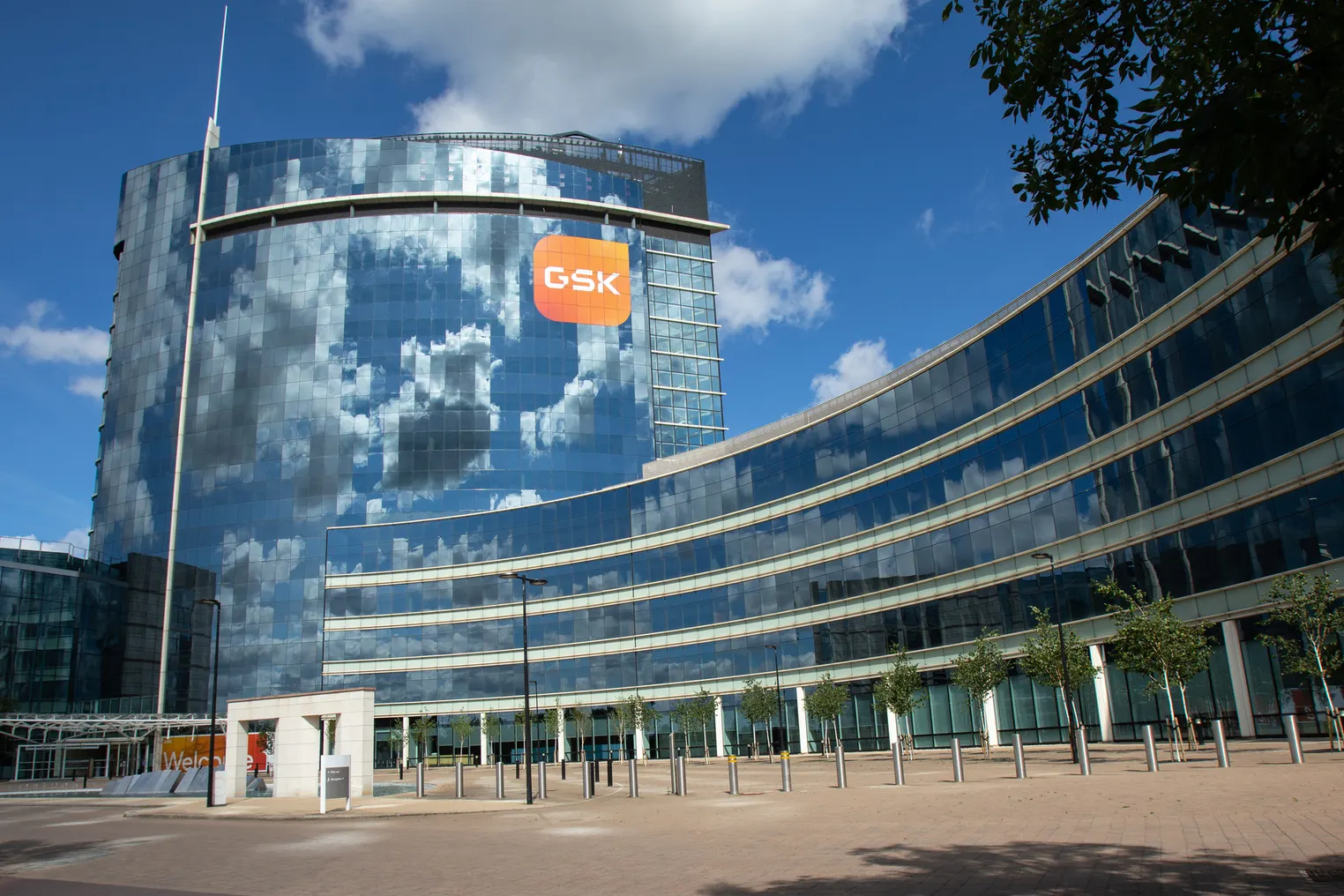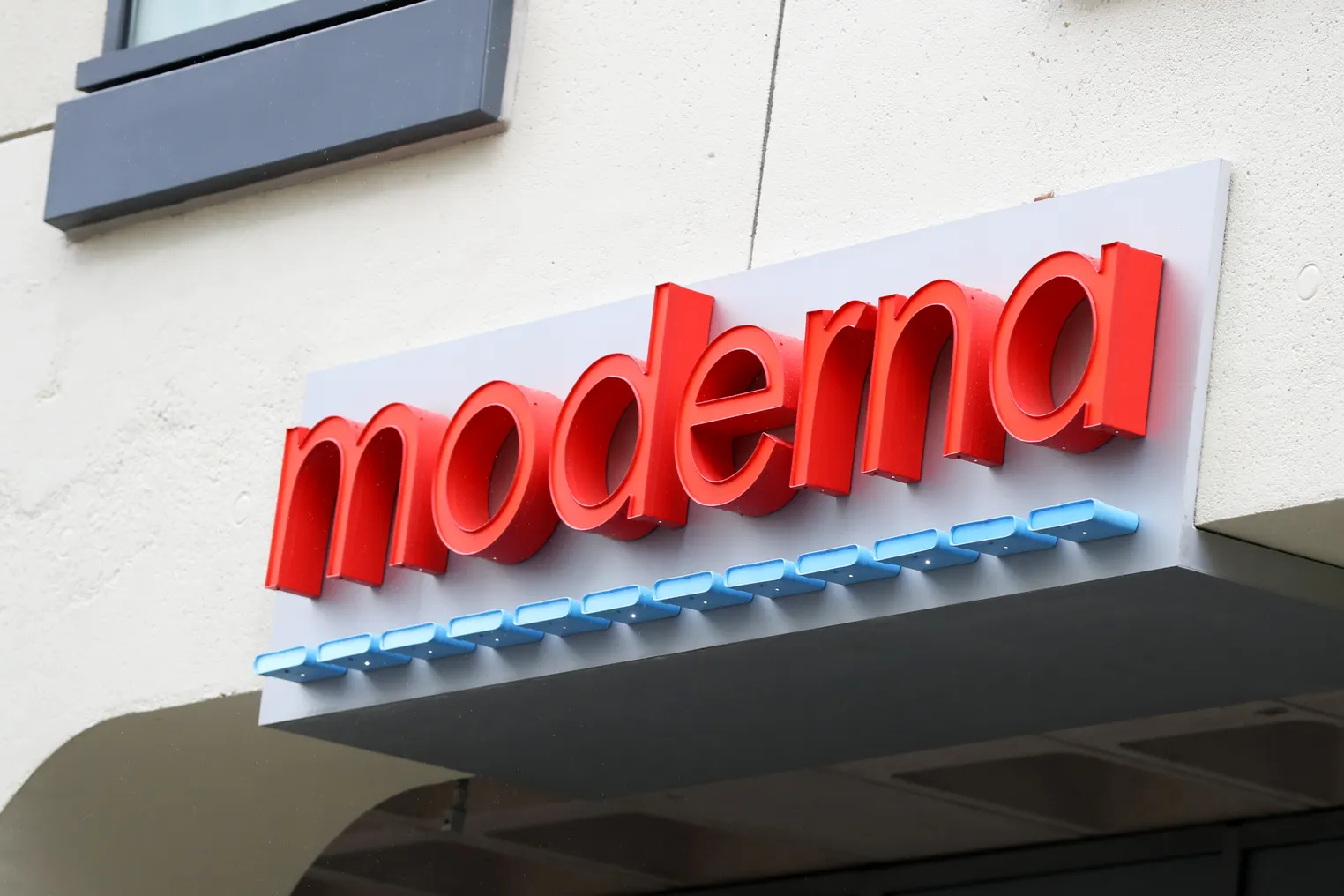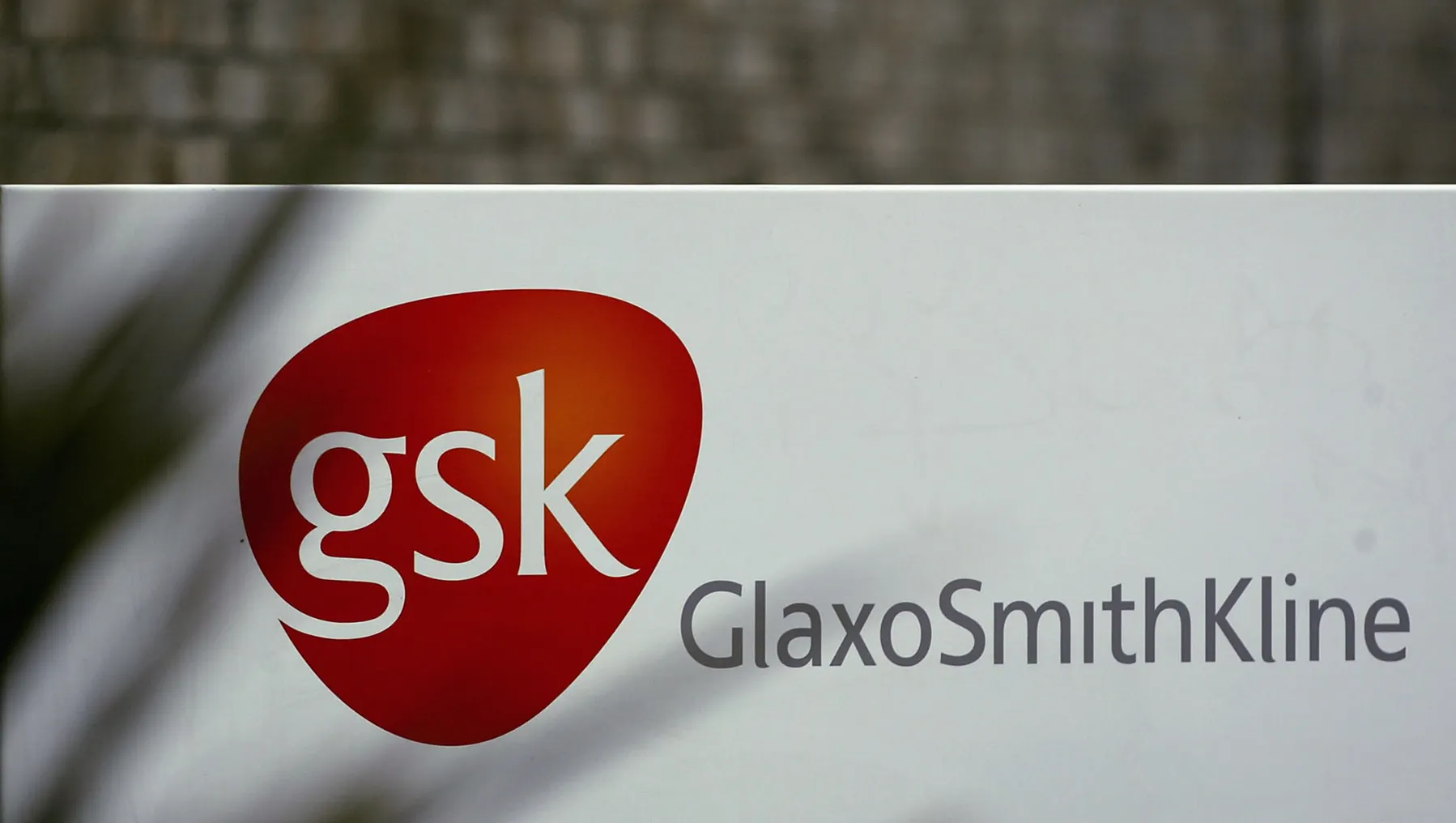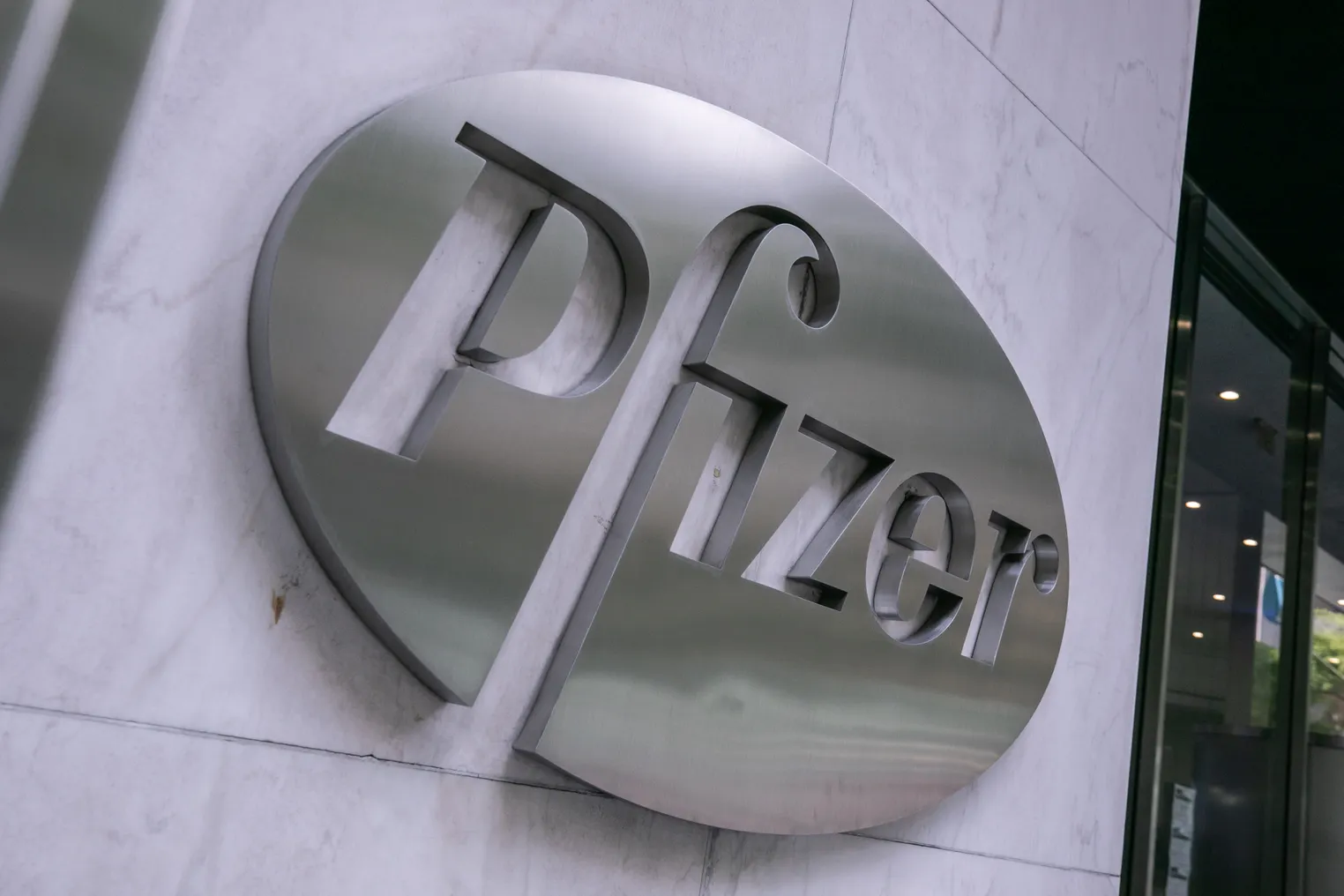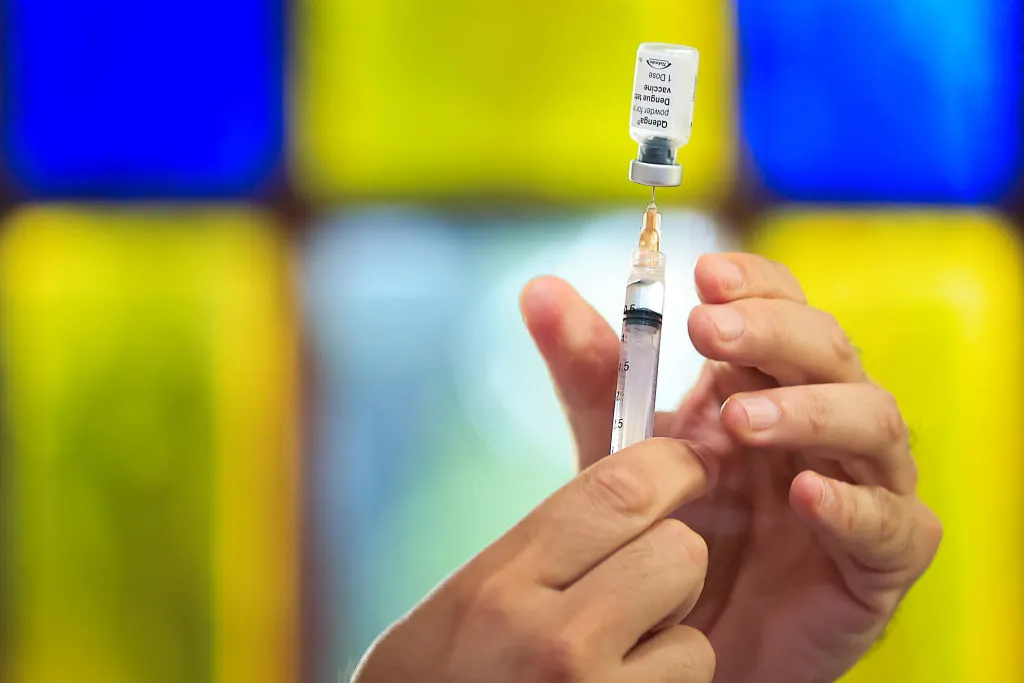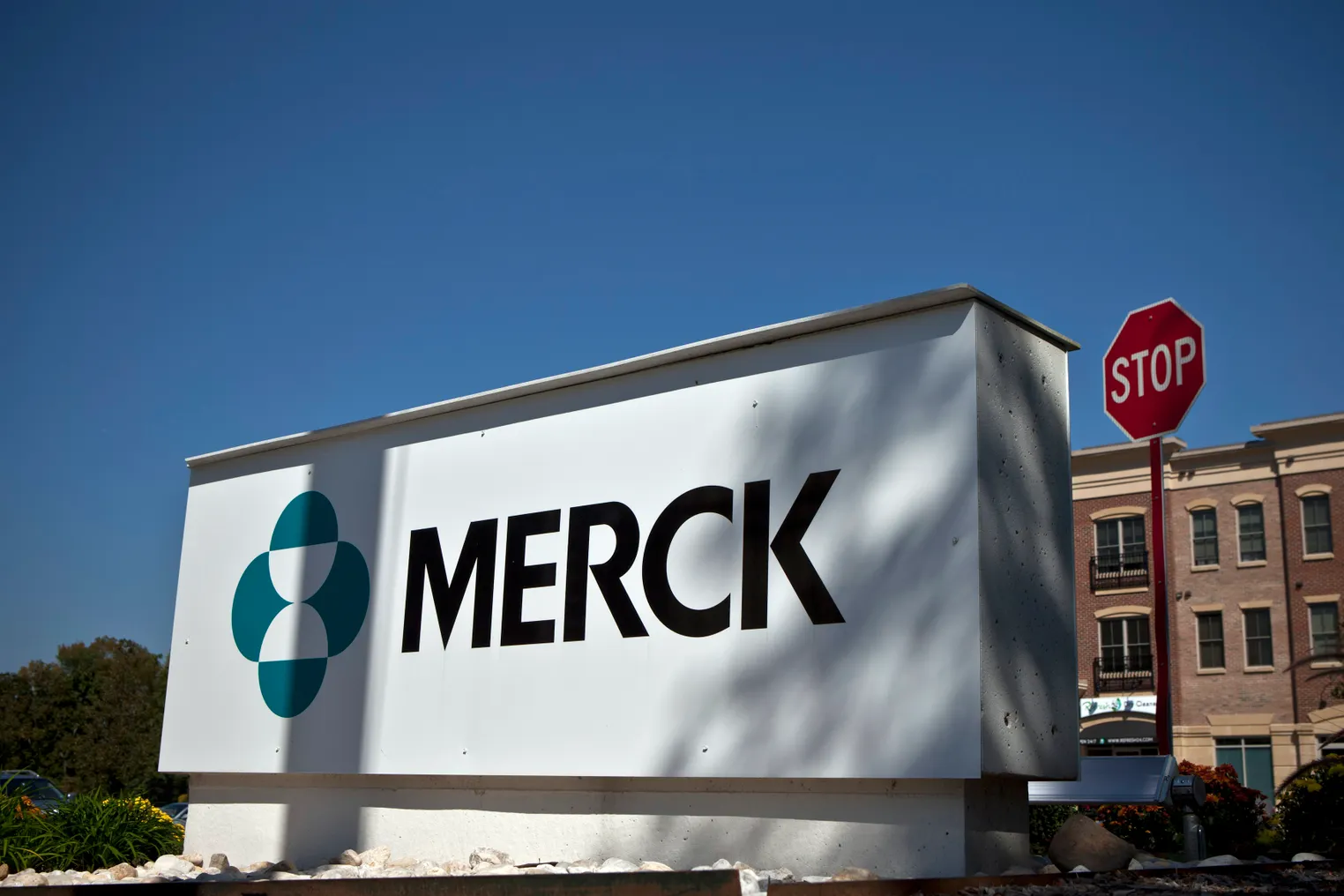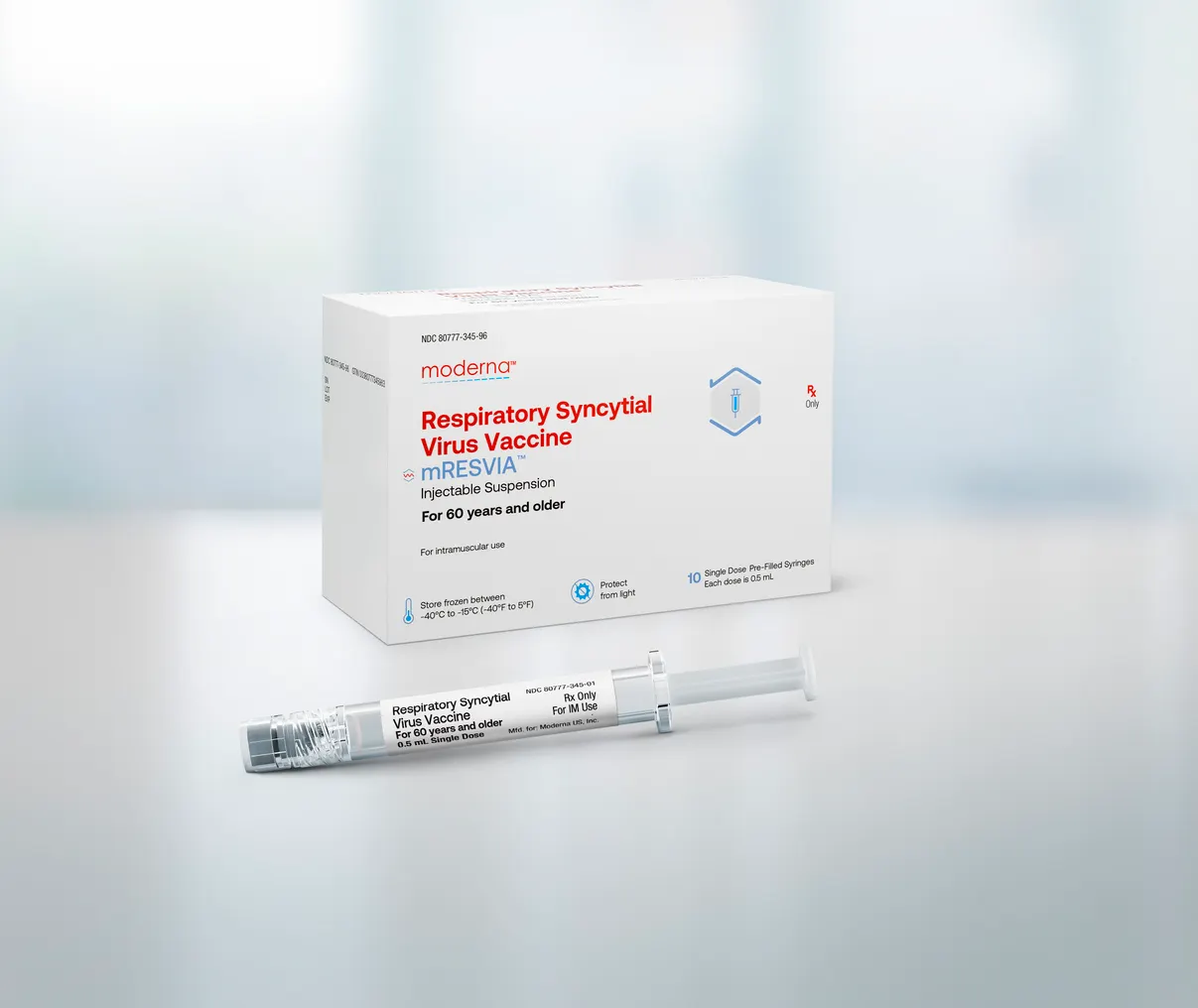
RSV vaccine makers remain optimistic about market despite headwinds
The first three RSV vaccines to reach market are forecast to become blockbuster products for their developers GSK, Pfizer and Moderna. While new U.S. guidelines could keep a lid on the market’s growth, executives at the three companies remain confident in rising sales.
In June, advisers to the Centers for Disease Control and Prevention recommended vaccination against respiratory syncytial virus most strongly in adults 75 years or older, or those between 60 and 75 years who are at risk of severe disease. The guidance replaced a prior recommendation that urged all adults 60 years or older to discuss vaccination with their physician.
The committee postponed a vote for the shot in adults aged 50 to 59 years, a group GSK is targeting with its shot. And it also did not guide adults to get revaccinated if they have already received an RSV shot.
The guidance presents a new hurdle to the three companies and has led some to scale back their market estimates. For example, analytics firm Airfinity cut its RSV vaccine sales forecast by two-thirds for 2030, trimming to $1.7 billion annually versus $4.7 billion previously.
Still, based on the CDC’s current recommendation, about 40 million people in the U.S. are eligible for vaccination, Moderna CEO Stephane Bancel noted on a company earnings call in August.
GSK brought the first RSV vaccine, Arexvy, to the market in May last year and in 2024 has pulled in £244 million, or about $311 million, in sales. It holds about two-thirds of the retail share, according to the company’s earnings report for the second quarter. Since launch, about 8 million people aged 60 and older in the U.S. had received Arexvy out of the 85 million in that age group who are eligible.
While the new recommendations might keep vaccination rates in the 60 to 74 age group lower than originally anticipated, GSK chief commercial officer Luke Miels said uptake may only be minimally affected by the CDC guidance. For example, he noted that physicians might not withhold their own recommendations based on the ACIP’s decision.
Furthermore, Arexvy was the first RSV vaccine to gain FDA approval for the 50-to-59 age group, providing another opportunity for growth, GSK CEO Emma Walmsley said.
As for competition with the other two RSV shots on the market, Miels said Arexvy is “clearly the leader in the minds of physicians and patients,” adding that the clinical data is strongest among the three and “it’s the one you’d give your mum.”
Pfizer’s Abrysvo came up short of GSK’s shot in terms of sales with $201 million worldwide in the first half of the year. The company has requested approval for use in all adults younger than 59 in the U.S. and Europe, which would expand the drug’s reach even though older adults are considered at more risk.
Pfizer’s shot is also approved for maternal vaccination, and chief U.S. commercial officer Aamir Malik said that this could be viewed as a simpler way to package vaccines for providers.
Malik pointed out that Abrysvo is only six months into the market and that the clarified guidance from the CDC will serve to demonstrate the medical need down the road, expanding the “opportunity set.”
Pfizer’s leadership is still bullish on Abrysvo’s potential after setting a peak sales estimate at more than $2 billion back in December 2022.
“If anything, things have become more promising since the time that we gave this $2 billion, because we were all surprised how much the medical community and the recommended authorities are putting emphasis on the disease,” said Pfizer CEO Albert Bourla.
Among the three RSV vaccine makers, Moderna has the most riding on its version, called mResvia. The shot is only its second product on the market after its COVID-19 vaccine, sales of which have fallen dramatically.
Moderna’s shot gained U.S. approval in May. While CEO Stéphane Bancel acknowledged the market will likely be smaller this year than anticipated, he said the clarity provided by the guidelines could actually be a benefit for uptake among the included populations.
“Sometimes in vaccinations, you get a better reaction from the doctors and pharmacies and consumers with clear guidelines versus not as [many] guidelines with a larger population potential,” Bancel said. “It’s going to be interesting to see how the season plays out.”
Overall, with the respiratory virus season approaching, executives like Moderna’s Hoge believe a number of factors could impact the public’s reaction to the newly available RSV options, and the CDC guidance might not be as detrimental as it seems on paper.

